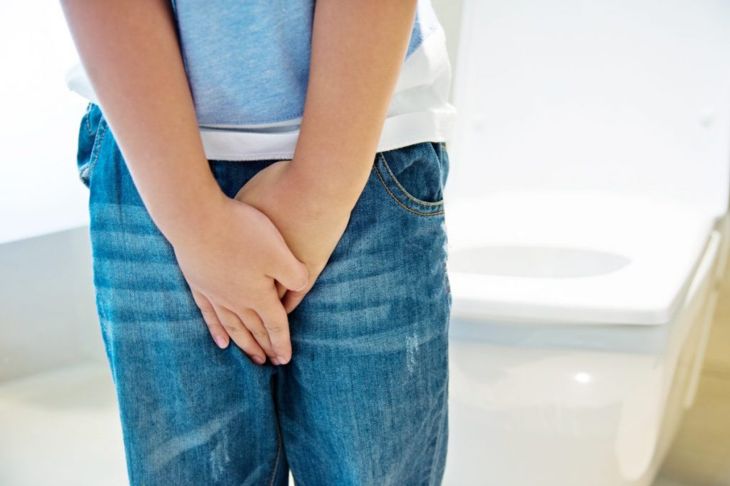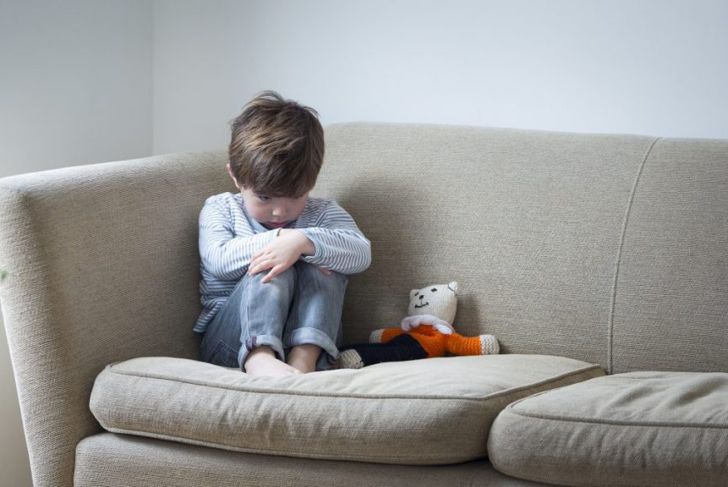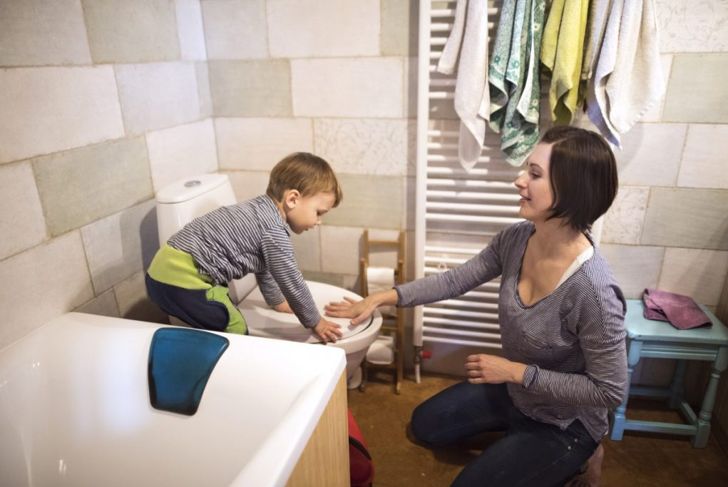Encopresis is a condition characterized by the inappropriate passing of stool, and most often results from chronic constipation. Children are the most likely demographic to develop encopresis, and their untimely bowel movements may be voluntary or involuntary. Two out of 100 children experience encopresis, so the condition is not at all uncommon. Though stressful for both child and parent, acute harm is rare and most children overcome encopresis without long-lasting damage. With proper intervention, encopresis is entirely treatable.
What is Encopresis?
Encopresis or soiling typically develops in toilet-trained children aged four and older. Prolonged constipation leads to impacted feces in the colon, which, in turn, results in leakage and accidents. Though less common, a child might also defecate somewhere inappropriate, such as the floor. Most cases of encopresis in children are involuntary, occurring because a child has repeatedly avoided using the toilet. Voluntary encopresis is less common and usually involves an underlying behavioral disorder.
Recognizing Encopresis in Children
In addition to stool leakage, encopresis causes a range of other symptoms in children. Once feces is passed following a period of constipation, the stool is large, hard, and dry. Stool retention often leads to stomach pain and discomfort, which are associated with bloating and may result in accidents. A child experiencing encopresis might also wet the bed.
Behavioral Indicators
The most apparent behavioral symptom of encopresis is avoiding or refusal to use the toilet. Using the toilet or being encouraged to do so often results in an emotional response, including crying, tantrums, and anger. When stool leakage or accidents occur, children may hide the soiled clothing. Appetite is sometimes affected; a child with the condition might begin to eat less than before.
Causes of Encopresis
Chronic constipation and the resulting symptoms of encopresis occur for a variety of reasons, both emotional and physiological. A painful bowel movement or an uncomfortable environment may lead to a fear of using the toilet. Significant life changes may contribute to the development of encopresis, as may a difficult toilet-training experience. Diet might also factor in chronic constipation. Eating too little fiber or drinking too few fluids can lead to hard, compacted stool in the colon that is difficult to pass.
Voluntary Encopresis
Passing stool in inappropriate places is not always involuntary. In some cases, a child may choose to defecate outside of the toilet — in their underwear or on the floor, for example. A behavioral disorder often underlies this type of encopresis, most commonly oppositional defiant disorder or conduct disorder. Treating voluntary encopresis requires addressing these underlying disorders.
Risk Factors
Encopresis can occur in any child, but several attributes increase the likelihood. Males are more likely to experience encopresis than females. Certain mental health concerns and psychological disorders predispose children to encopresis at a higher rate, including ADHD, autism, depression, and anxiety.
Psychological Implications
Encopresis comes with social and emotional implications, both as risks and consequences. Research suggests children with encopresis experience higher rates of social problems, disruptive behaviors, and poor school performance. These children also tend to come from families rating lower in expression and organization. The presence of such factors may create obstacles in treating encopresis. More intensive and comprehensive treatment is typically required for addressing the condition in children experiencing these social and emotional difficulties.
Treating Encopresis
Treating encopresis requires addressing both the physiological and underlying emotional causes. A doctor may prescribe a laxative or rectal suppository to relieve constipation and make for easier, less painful bowel movements. Changes in diet are encouraged, including increasing fluids and high-fiber foods. A child may also be tested for constipation-inducing allergies. Some children may require behavioral therapy to address the underlying fear, anxiety, or avoidance of using the toilet.
Treating Encopresis at Home
Addressing encopresis at home is a key part of treatment. Established toilet times throughout the day encourages regular bowel movements. Scheduling toilet time following meals and providing a step stool to elevate the child’s legs is especially beneficial in promoting the passage of stool. Changes in diet — drinking more water, adding more fiber, avoiding foods that cause constipation — are also necessary. Exercise is helpful, as it supports healthy gastrointestinal function.
Overcoming Encopresis
Encopresis is entirely treatable, and most children experience no lasting consequences. Overcoming the condition, however, can be a lengthy process, and setbacks are common. Addressing the condition is often an uncomfortable experience for the child, and parents should expect emotional responses. Commitment and patience are essential to support success. Experts recommend parents minimize setbacks and accidents and focus, instead, on applauding and awarding progress, no matter how minimal.

 Home
Home Health
Health Diet & Nutrition
Diet & Nutrition Living Well
Living Well More
More




















